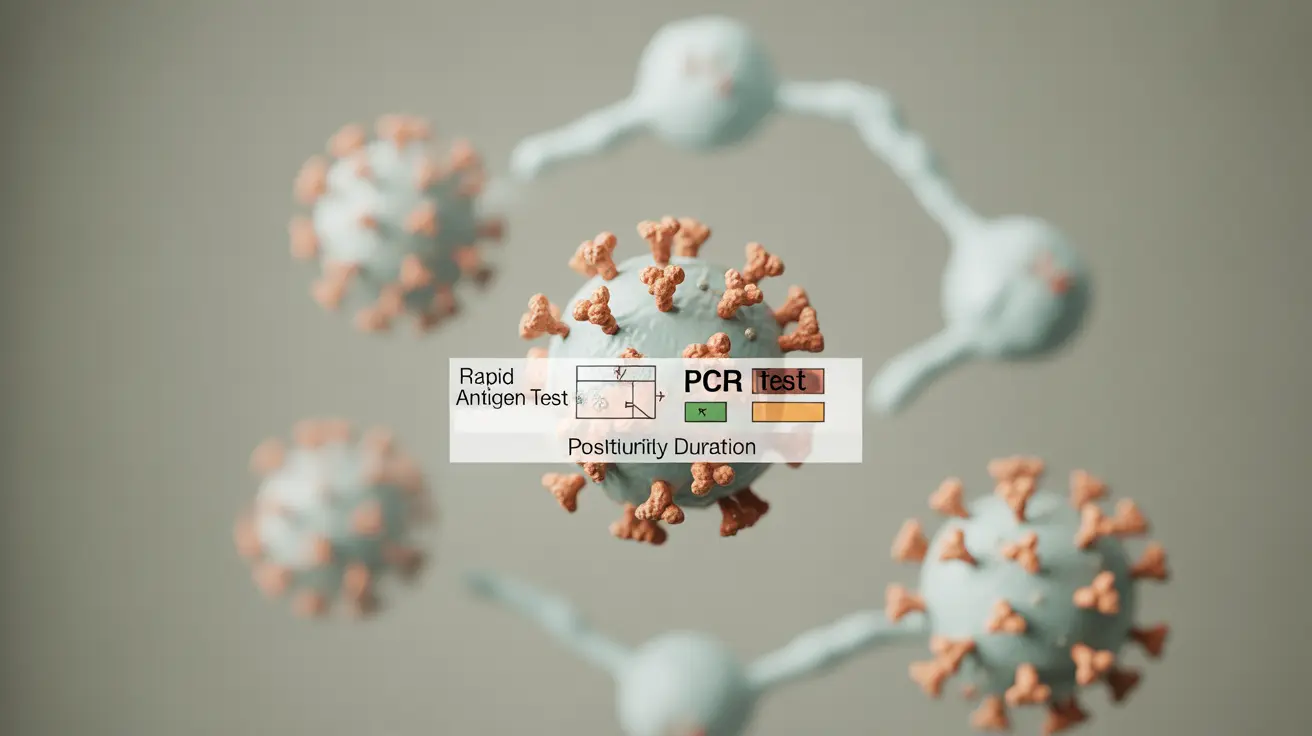Respiratory Syncytial Virus (RSV) testing has become increasingly important for diagnosing respiratory infections, particularly in young children and older adults. Understanding how long an RSV test remains positive can help healthcare providers and patients make informed decisions about isolation periods and treatment approaches.
The duration of a positive RSV test can vary significantly among individuals, depending on factors such as test type, age, immune status, and severity of infection. This comprehensive guide explores the timeline of RSV test positivity and what it means for patients.
Understanding RSV Test Types and Detection Windows
Different types of RSV tests have varying detection capabilities and timeframes for showing positive results. The two main testing methods each have distinct characteristics that affect how long they may detect the virus.
Rapid Antigen Tests
Rapid antigen tests provide quick results by detecting viral proteins in respiratory secretions. These tests typically show positive results during the first 3-7 days of infection when viral loads are highest. The positivity window tends to be shorter with rapid tests compared to molecular methods.
PCR Testing
Polymerase Chain Reaction (PCR) tests are more sensitive and can detect viral genetic material for longer periods. These tests may remain positive for 2-4 weeks after infection onset, and in some cases, even longer. This extended detection period doesn't necessarily indicate ongoing infectiousness.
Factors Affecting Test Positivity Duration
Age and Immune System
Children, elderly individuals, and those with compromised immune systems may test positive for longer periods due to their body's response to the virus. Younger children, in particular, might shed the virus for extended periods, sometimes up to 3-4 weeks after symptom onset.
Infection Severity
More severe RSV infections often result in longer periods of viral shedding and test positivity. Patients who experience more significant symptoms or complications may test positive for longer than those with mild cases.
Understanding Viral Shedding vs. Infectiousness
Testing positive for RSV doesn't always mean a person is still contagious. While viral genetic material may be detectable for several weeks, the ability to transmit the virus to others typically decreases significantly after the first week of symptoms.
Most individuals are most contagious during the first 4-8 days of infection, even though they may continue to test positive beyond this period.
Frequently Asked Questions
How long does an RSV test usually stay positive after infection?
RSV tests typically remain positive for 5-14 days, though this can vary by test type. Rapid antigen tests usually show positive results for 3-7 days, while PCR tests may detect the virus for 2-4 weeks or longer.
Why can some people test positive for RSV for several weeks or even up to 10 weeks?
Extended positive test results can occur due to continued viral shedding, particularly in people with weakened immune systems or young children. PCR tests are especially sensitive and can detect even small amounts of viral genetic material long after the infection has resolved.
What is the difference between rapid antigen and PCR RSV tests in terms of detecting the virus?
Rapid antigen tests detect viral proteins and typically show positive results only during active infection (3-7 days). PCR tests detect viral genetic material and are more sensitive, potentially showing positive results for several weeks after infection.
Does testing positive for RSV mean you are still contagious?
Not necessarily. While you may test positive for several weeks, especially with PCR tests, most people are only contagious during the first 4-8 days of infection. The presence of viral genetic material doesn't always indicate active, transmissible virus.
How does age or immune system status affect the duration of a positive RSV test?
Young children, elderly individuals, and those with compromised immune systems often test positive for longer periods due to slower viral clearance and extended viral shedding. These groups may show positive results for several weeks after initial infection.




